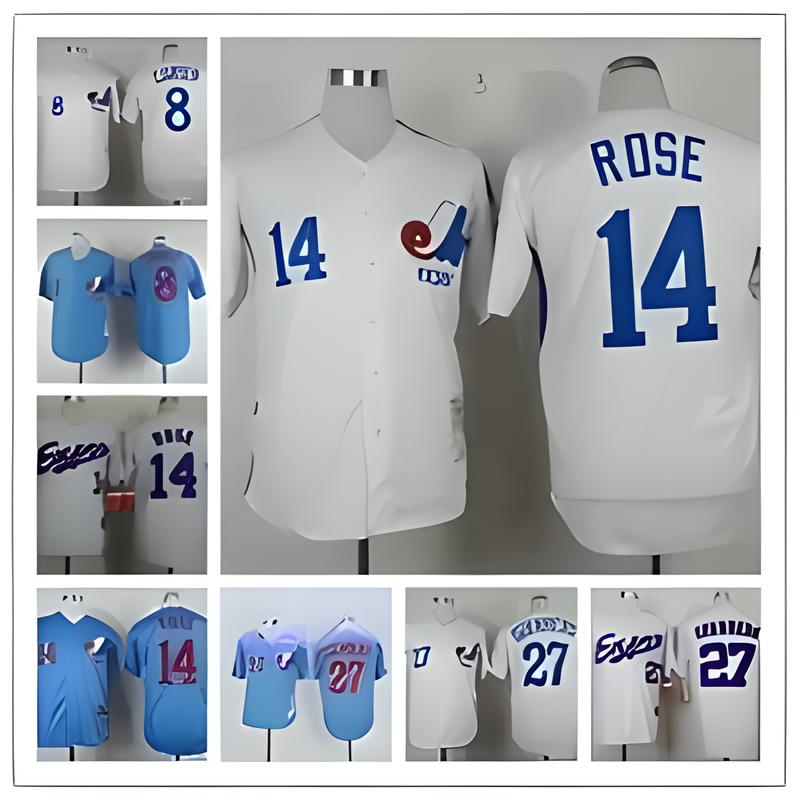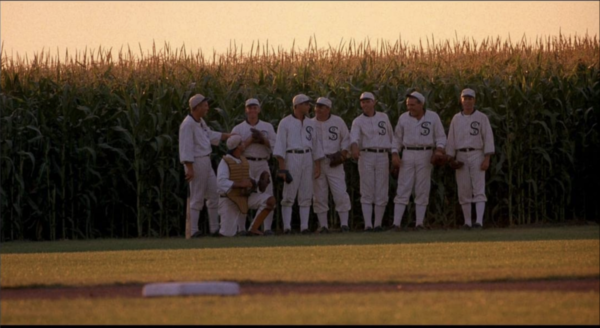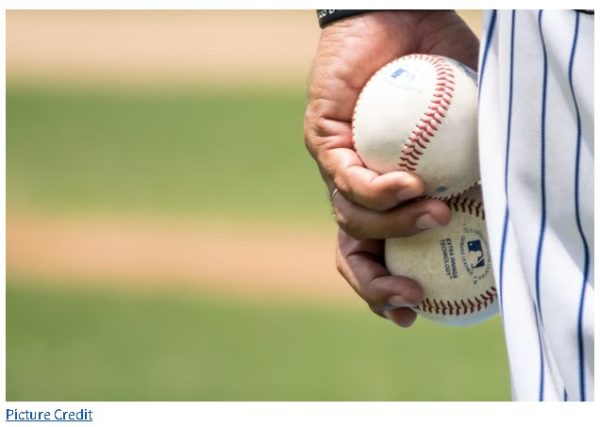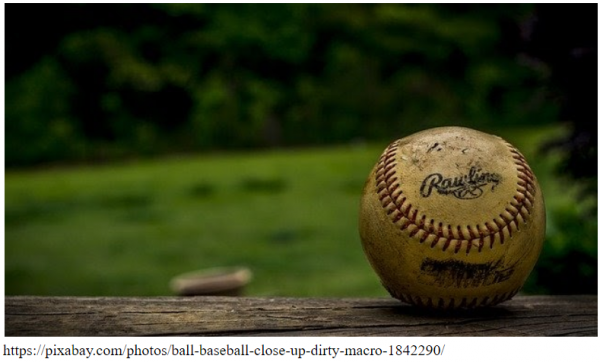According to published reports, Major League Baseball is considering an idea suggested last summer by the Dominican Republic Sports & Education Academy to fingerprint potential prospects in the Dominican Republic in an effort to curb age and identity fraud.
A New York Times article says Major League Baseball is studying a number of initiatives, including fingerprinting, a concept the DRSEA promoted in August in its newsletter, the DRSEA INFORMER. Charles S. Farrell, a co-founder of the DRSEA, said at the time, “Why not start a fingerprinting program for boys in the fifth grade (or earlier), and create a data base against which identities can be checked in six years, with 16 being the age when Dominican males can sign with Major League Baseball teams? Radical yes, but as anybody who has ever watched TV knows, fingerprints don’t lie. The fingerprints you are born with are the prints you carry for life; no two people have the same fingerprints.”
Farrell said the idea was actually pitched to him by a baseball executive, who pointed out that in Venezuela, children who apply for their cedula (national identification card) at 9-10-years–old are automatically fingerprinted at local administration offices. Baseball has been struggling to address the problem of age and identity falsification among prospects in the Dominican Republic while facing increasing criticism for its investigations into the situation.
According to the New York Times article, lawyers for Major League Baseball are in the final stages of determining if fingerprinting players as young as 11 or 12 is legal in the Dominican Republic, adding that officials believe that such a process several years before they turn 16 would deter fraud.
Farrell is quoted in the article: “Fingerprints are extraordinarily difficult to alter. There are going to be flaws in the system but if you are fingerprinting 10-year-olds then it will be much less likely that they can take on another identity before they turn 16.
“This will help young Dominican players and baseball combat the image that many Dominican players lie about their identities and are older than they say they are,” he added. “That has become a big problem for the image of Dominican players.”


![Reblog this post [with Zemanta]](http://img.zemanta.com/reblog_e.png?x-id=174e6413-e5a3-48ce-b90e-1ac41e322ee6)








